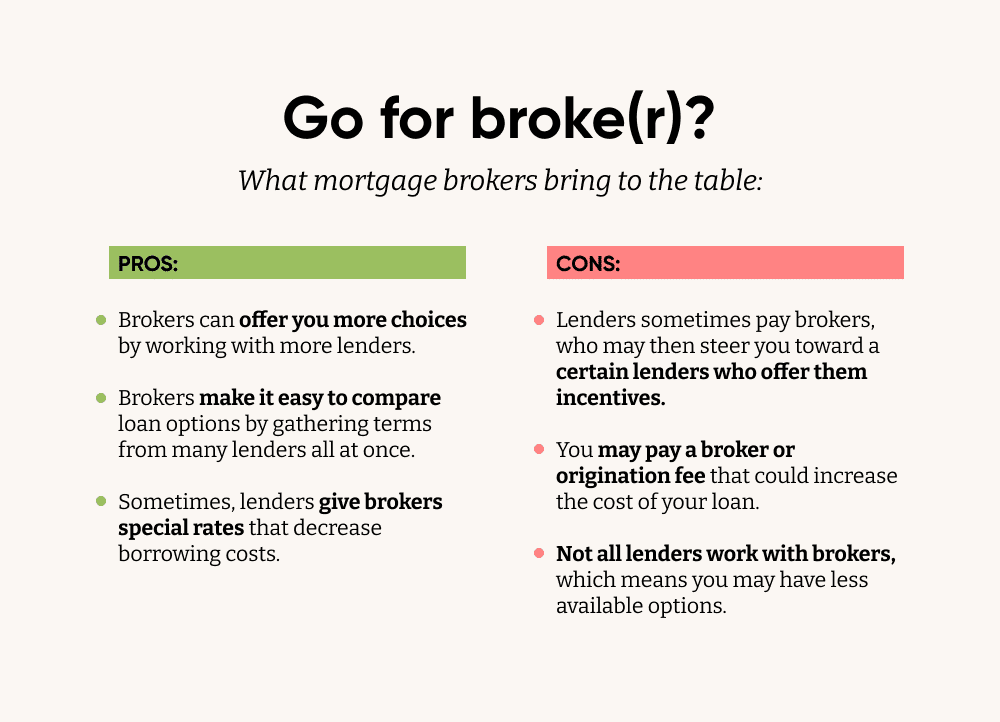Jumbo Loan Limits: Just How Much Can You Obtain for a High-End Home?
Jumbo Loan Limits: Just How Much Can You Obtain for a High-End Home?
Blog Article
Comprehending What a Jumbo Lending Entails and Exactly How It Varies From Traditional Financings
Navigating the details of jumbo lendings reveals a funding choice customized for those venturing right into high-value real estate, generally surpassing the limitations set by the Federal Housing Finance Agency. The substantial danger connected with jumbo finances necessitates more strict certification demands, including greater credit ratings and significant down settlements.
Meaning of Jumbo Lendings
Jumbo fundings are a kind of home loan that go beyond the conforming finance limits set by the Federal Real Estate Finance Company (FHFA) These loans deal with customers that require to finance homes that are much more costly than what traditional financing restrictions permit. The FHFA develops yearly adjusting car loan limitations, and any kind of financing exceeding these limits is classified as a jumbo loan.
Commonly, jumbo car loans are used in high-cost property markets where home costs dramatically exceed nationwide standards, such as in metropolitan locations or deluxe real estate markets. As these finances are not eligible for acquisition by Fannie Mae or Freddie Mac, they carry integral threats for lenders because of their larger dimension and non-conformity (jumbo loan). Consequently, loan providers often impose more rigid qualification standards for big financings than typical adhering finances.
Customers looking for jumbo car loans have to typically demonstrate a strong monetary account, including a greater credit history score, robust earnings verification, and substantial deposit, commonly 20% or more. In addition, lenders may call for much more extensive documents to evaluate the debtor's capacity to take care of larger monthly settlements. Understanding the specific characteristics of jumbo lendings is vital for possible consumers browsing this segment of the mortgage market.
Conventional Loans Summary
While jumbo car loans deal with high-value residential or commercial property financing, standard car loans stand for the more typical mortgage alternative in the real estate market. These fundings are not guaranteed or assured by any kind of federal government entity, such as the Federal Housing Administration (FHA) or the Department of Veterans Affairs (VA) Instead, they are backed by personal loan providers and adhere to guidelines set by government-sponsored business (GSEs) like Fannie Mae and Freddie Mac.
Conventional fundings are generally used with fixed or flexible rates of interest and vary in regards to duration, frequently extending 15 to three decades. Borrowers typically choose traditional lendings for their foreseeable monthly repayments, which can assist in lasting monetary planning. Furthermore, they are offered for key residences, second homes, and investment buildings, providing adaptability to meet diverse customer requirements.

Secret Distinctions Between Car Loans
Recognizing the subtleties between various sorts of car loans is essential for prospective homebuyers navigating the intricate home mortgage landscape. At the leading edge of this decision-making procedure are big fundings and conventional car loans, each having distinct characteristics and offering different customer needs. The primary distinction rests in the loan quantity. Big finances go beyond the adapting car loan restrictions set by the Federal Real Estate Money Agency (FHFA), which differ by area. On the other hand, traditional loans stick to these limits and are normally purchased by government-sponsored entities like Fannie Mae and Freddie Mac.

Additionally, the down settlement requirements can vary considerably. Jumbo loans normally call for you could try these out bigger down settlements, in some cases exceeding 20%, to alleviate threat. Standard car loans, alternatively, might enable for reduced down settlements, with some programs approving just 3% for professional customers.
Qualification Requirements
Safeguarding a big loan entails meeting a lot more rigorous qualification needs compared to standard financings, reflecting the increased danger to lending institutions. These finances, which exceed the adjusting loan limitations set by the Federal Real Estate Money Company (FHFA), are not eligible for acquisition by Freddie Mac or Fannie Mae, thereby revealing lending institutions to higher monetary threat - jumbo loan. Because of this, borrowers must show a high creditworthiness and financial stability
A robust credit report, generally 700 or greater, is crucial for approval. Lenders additionally expect a lower debt-to-income (DTI) proportion, typically not surpassing 43%, making certain that customers can handle substantial month-to-month settlements together with other economic commitments. Furthermore, a substantial money book is typically required, commonly totaling up to 6 months of mortgage payments, to guarantee loan providers of the borrower's financial durability.
Down repayment expectations are also raised, often beginning at 20% or even more of the residential or commercial property's worth. While this is a guard for loan providers, it necessitates substantial in advance resources from borrowers.
Picking the Right Financing
Navigating the complexity of big fundings needs cautious consideration when selecting the most appropriate financing choice. With the more comprehensive array of alternatives available to those looking for jumbo finances, the decision-making procedure ought to involve a comprehensive evaluation of one's economic profile and long-term goals. Unlike standard see this website fundings, big lendings frequently include stricter requirements and differed rate of interest, which require comprehensive research study and a clear understanding of one's economic standing.
When selecting in between different big loan offerings, it is necessary to evaluate the finance terms, including rate of interest, settlement schedules, and connected costs. Consumers need to contrast the rates supplied by different lending institutions to ensure they safeguard one of the most beneficial terms. In addition, understanding the ramifications of dealt with versus variable-rate mortgages (ARMs) is critical, as each option presents distinct advantages and threats depending upon market conditions and individual monetary methods.
Involving with an economic expert or mortgage broker can give beneficial understandings tailored to specific scenarios. These specialists can aid in browsing the subtleties of big loans, guaranteeing that customers are educated and furnished to pick a finance that aligns with their economic purposes, ultimately facilitating a smoother home-buying procedure.
Verdict
In recap, jumbo car loans act as a financial instrument for acquiring high-value residential properties, demanding rigorous qualification demands and greater rate of interest rates because of the elevated danger for lending institutions. Unlike conventional loans, which adapt FHFA limitations and might get backing from Fannie Mae or Freddie Mac, jumbo finances require a minimal credit report score of 700 and significant down repayments. Understanding her explanation these distinctions is critical for borrowers in high-cost realty markets to establish the most suitable financing alternative for their demands.
The FHFA establishes yearly conforming car loan restrictions, and any car loan surpassing these thresholds is identified as a jumbo financing.
At the center of this decision-making procedure are jumbo lendings and traditional car loans, each possessing distinctive attributes and offering various debtor requirements.Securing a big financing involves satisfying a lot more rigid credentials requirements compared to standard finances, showing the raised risk to lending institutions. Unlike traditional finances, big fundings commonly come with stricter needs and varied passion rates, which demand complete research study and a clear understanding of one's economic standing.
Unlike traditional car loans, which adjust to FHFA limits and might obtain support from Fannie Mae or Freddie Mac, jumbo car loans require a minimum credit rating rating of 700 and significant down repayments.
Report this page